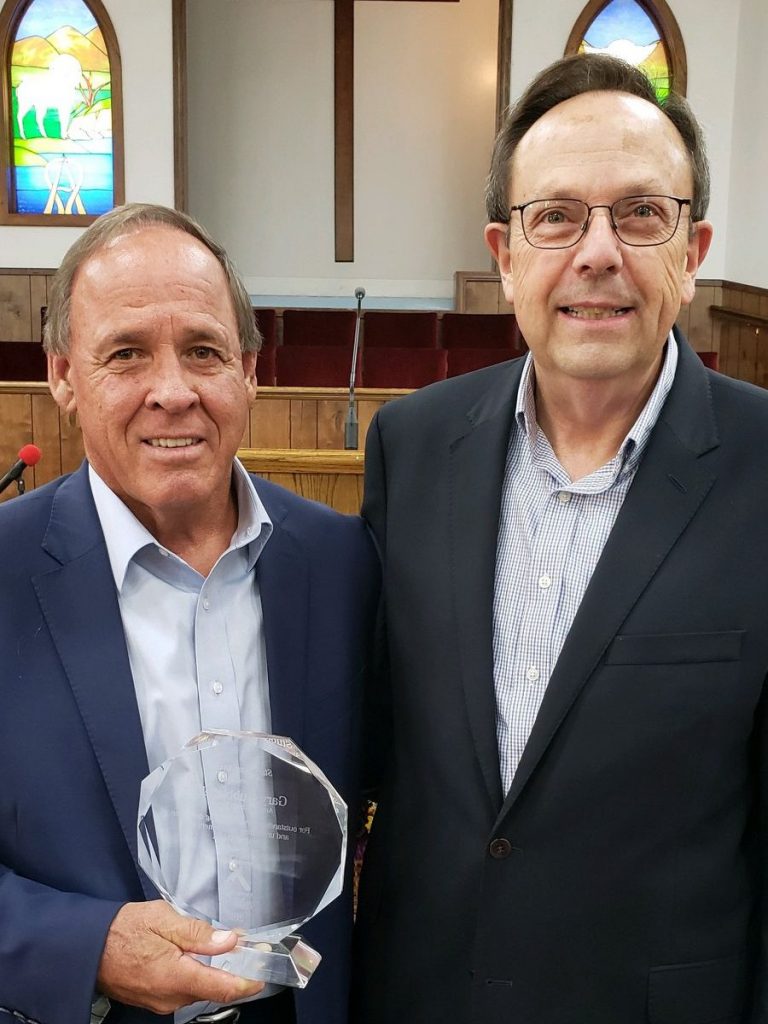DEI Diversion: Corporate America Rebrands Without Fully Retreating

A recent report from The Conference Board shows Corporate America is in retreat from leftwing “diversity, equity, and inclusion” (DEI) policies — but the truth may be more complicated.
The report relied on corporate disclosure documents “to examine how US public companies are recalibrating public reporting” when it comes to DEI. Researchers found use of the acronym “DEI” fell by 68% from 2024 to 2025 in the major filings from S&P 500 companies.
While that sounds like good news, ESG Dive says the figures reveal that corporations may simply be renaming their DEI initiatives or talking about them less instead of abandoning DEI altogether. The outlet writes:
While firms scaled back DEI language and commitments, 79% percent of S&P 500 firms disclosed board committee oversight of DEI, up from 72%, according to the report. For Russell 3000 companies, this figure jumped from 48.4% to 86.8%. Rather than simply abandoning DEI, this suggests that companies are being more cautious about external messaging while integrating DEI into governance to make it more legally defensible, according to the report.
The Harvard Law School Forum on Corporate Governance put it this way:
Corporate public DEI messaging and communications are undergoing a legal- and risk-driven reframing in 2025, with companies reducing the visibility of DEI language while selectively preserving or embedding related goals in ways that are more cautious, controlled, and defensible.
In other words, instead of retreating from DEI and pro-LGBT initiatives, corporations may simply be renaming them.
Many companies established DEI policies to create an equal playing field for racial and ethnic minorities. However, it did not take long for LGBT groups and others to hijack those policies to promote gender-identity politics and other radical ideologies in the workplace.
We have written repeatedly about how DEI initiatives have been used to promote critical race theory and other leftwing ideologies — however, Americans have pushed back against these initiatives.
Following boycotts and backlash, companies like Walmart, Target, Toyota, John Deere, Lowe’s, Tractor Supply, Harley Davidson, and others rolled back their pro-LGBT diversity, equity, and inclusion policies.
More generally, in 2023 Bud Light managed to singlehandedly overthrow itself as the number-one beer in America after sending transgender social media influencer Dylan Mulvaney a novelty can of Bud Light with Mulvaney’s picture on it. Since then, Target quietly has replaced its LGBT pride merchandise, and entertainment giants like Pixar and Disney have removed pro-LGBT elements from their storylines.
It’s obvious that corporate DEI initiatives and pro-LGBT pandering are deeply out-of-step with everyday Americans. These are flawed ideologies that do not ensure individuals are valued, heard, or included. Employees who hold biblical views of marriage or gender risk losing their jobs in workplaces that have adopted DEI policies. None of that is good for our economy or our country.
Instead of renaming these programs, Corporate America should continue to retreat from DEI altogether, plain and simple.
Articles appearing on this website are written with the aid of Family Council’s researchers and writers.
Gary Stubblefield: A Good Man, A Faithful Servant

My friend, Senator Gary Stubblefield, passed from this life into Heaven on September 2. When I heard the sad news, my thoughts raced back to 2011—the first day I met Gary. He was serving his first term in the Arkansas House. When I extended my hand to introduce myself, his enthusiasm caught me off guard, but his fearless nature impressed me even more.
At that time, with the House Public Health Committee killing every pro-life bill, I mentioned how difficult it had been to find sponsors for pro-life legislation. Tilting his head slightly and giving me that unforgettable smile, he said, “You get me a bill, and I’ll sponsor it.” We helped him draft a commonsense bill affirming the right of a woman to use deadly force to defend her unborn child against an attack. As expected, the committee defeated the bill along with nine out of ten others that session. But Gary came out of that defeat ready to take on the entire liberal world—and he did, and he won.
During his fourteen-year legislative career, he never once turned us down when we asked him to sponsor a bill. He championed the good causes: ending abortion, protecting religious freedom, defunding Planned Parenthood, fighting filth in our libraries, defending parental rights, standing for the Second Amendment, protecting women’s sports, and opposing sex changes on children. We have an entire wall of framed copies of good laws we’ve worked on—and Gary Stubblefield’s name is on many of them, either as a lead sponsor or co-sponsor.
Passing laws is important, but living as a truly good man is far greater. Gary never set out to be great, but he was. He never sought to be a hero, yet he became one. He never asked to be remembered, but he will be—both in our hearts and in God’s everlasting Kingdom. I only wish I could say to him today what I believe he has already heard from the Lord Himself: “Well done, good and faithful servant.”



